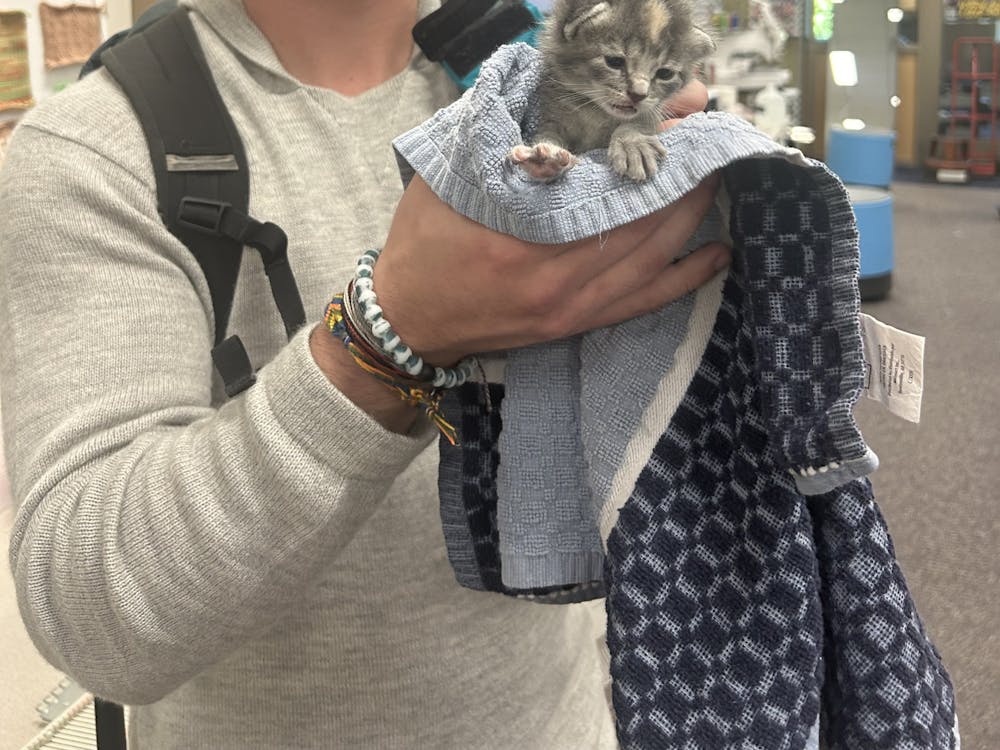I first tried improv at a theatre camp before my freshman year of high school. I made a lame Harry Potter reference, no one laughed and it became painfully clear to my audience that I had no post-punchline plan. I stood there shaking in my character shoes until a merciful soul clapped me out. It was horrible, and I swore in that moment I would never do improv again.
You spend high school with the same people, doing the same things, working toward the same goal. I had no problem sticking to scripted theatre, never being asked to step outside my comfort zone. It's easy to follow that same path when you get to college. It helps bring some predictability to the newness of it all.
I was keen on keeping my ninth grade no improv promise, and I did -- until I was in desperate need of a change (and friends).
I auditioned for Sketched Out, Miami's improv group, the second week of college. Before auditions, I texted my friends who were in improv groups asking for any advice they had. I watched compilation videos of "Whose Line is it Anyway" and "Saturday Night Live." I pinched the inside of my palm every time they announced cuts, hoping that I made it to the next round.
After the team called me to let me know I made it, I cried happy tears alone in my dorm room.
That thing I had once sworn I would never do again has since given me some of my best friends, helped me grow as a person and has been the foundation for my happiness at college. I can't think of what my life at school would be like without it. It makes me sad to think that, at one point, my fear would have held me back from something that made me so happy.
There is something to be said about acknowledging new opportunities, listening to the potential other people see in you and pursuing something you didn't plan to.
One of the most important rules in improv is called "Yes, and." The "yes" part means that when your scene partner adds something to the scene you agree that it's reality, even if it wasn't what you originally had in mind. The "and" part means you will add on to what their contribution was. It's a way to help build the world of the scene.
In a lot of ways, I think this principal is what brought me to improv in the first place.
I recognized an opportunity and, even though it was not what I originally thought was something in my path, I agreed to try it. In doing so, I began building a life at school. I began building my world in Oxford. Since then, I have been trying to live my life by the rule of "yes, and."
My life isn't like the movie "Yes Man," when Jim Carrey says yes to anything and everything that is presented to him. That's ridiculous, and saying no is just as important as saying yes.
Living by "Yes, and" means that I try to be more open to opportunities, listening to and supporting people in my life.
Enjoy what you're reading?
Signup for our newsletter
"Yes, and" brought me to improv, my major and this very publication.
"Yes, and" has helped me learn that not having total control isn't a bad thing.
"Yes, and" means there is no such thing as a dead end situation, you always have somewhere to go.
"Yes, and" means always looking to build on the universe around you.
rigazikm@miamioh.edu



